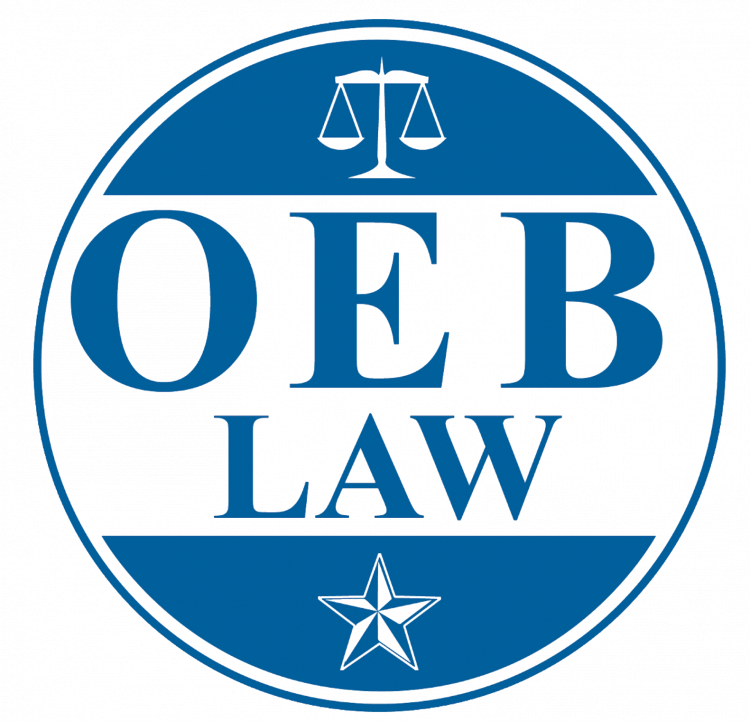Your vehicle can lose its value when another driver causes a car accident. Fortunately, you can make a diminished value car insurance claim against the at-fault driver’s insurance company to recover the value of your car, along with other damages. This process can become complicated and you may receive an unfair offer from the insurance company.
The attorneys at the Law Offices of Ogle, Elrod & Baril, PLLC, have extensive experience helping vehicle owners file diminished value car claims. We can help you pursue fair reimbursement for your damaged vehicle. Our firm handles all aspects of these cases—from filing the claims on behalf of our clients to negotiating a fair settlement. Contact us today at 865-546-1111 to discuss your diminished value claim during a free legal consultation.
What Does Diminished Value Mean?
Diminished value is the difference in the value of your car before a vehicle crash and after you make repairs. A car accident lowers the resale value of your car, since buyers typically do not want to purchase a used car that has been in a crash.
How Do I Make a Claim for My Car’s Diminished Value?
You can pursue the diminished value of your car by filing a claim with the at-fault driver’s insurance company. We can help you in your pursuit by filing a claim on your behalf.
If the driver responsible for the accident does not have insurance, you can file a claim with your own insurance policy’s Uninsured Motorist (UM) coverage.
UM coverage protects you when you sustain damages from a car accident an uninsured driver caused. UM coverage pays for lost wages, pain and suffering, and medical expenses to treat your injuries.
Policyholders may also purchase UM property damage coverage. This coverage pays for any damages an uninsured motorist does to your vehicle. Our attorneys can review your coverage and determine if you can file a claim under your UM policy.
How Do I Prove the Diminished Value of My Car?
Our firm can help you gather evidence to prove that the value of your vehicle diminished because of the car accident, regardless of any repairs you made. We may do this by securing documentation that shows the market value or sales value of your car before the accident. We can use resources, like an official guide from the National Automobile Dealers Association or the Kelley Blue Book, to determine your car’s pre-accident sales value.
We will also calculate your car’s trade-in value. Depending on the severity of the damage done to your car, we may ask a damage claim company to inspect your vehicle and offer an estimate of its diminished value.
If your car lost value after an accident, our attorneys will help you pursue compensation for it.
How Will the Insurance Company Calculate My Claim?
Insurance companies commonly use a formula known as “Rule 17c” to calculate a vehicle’s diminished value. This controversial formula originated in November 2001 from a Georgia Supreme Court ruling. Under the high court’s decision, the auto insurer in the case had to pay plaintiffs for the diminished value of their vehicles after a wreck. The court directed the insurer to evaluate the value of that loss before paying out to policyholders. That method for evaluating a car’s diminished value is Rule 17c. After the conclusion of this case, other insurance companies adopted the formula or a variation of it to calculate diminished value claims.
Under the Rule 17c formula, insurers pay a car’s diminished value by first determining a base loss value. Your base loss value is a small percentage of your car’s sales value. For instance, if your vehicle had a Kelley Blue Book Value of $20,000, your insurer may consider 10 percent a fair base loss value. Your insurer would then multiply your car’s sales value by 10 percent to arrive at a base loss value of $2,000.
Next, auto insurers apply a damage multiplier. The purpose of this number is to reduce the amount of the base loss value depending on the severity of the structural damage your car suffered in the accident. If your insurance company determines your vehicle did not suffer severe structural damage, it will use this multiplier to reduce your diminished value claim.
Finally, insurers use a mileage multiplier to adjust the value based on the existing mileage of the vehicle. If your car has a high mileage count, you will receive less for its diminished value.
In many cases, this formula allows insurers to offer low settlements for diminished vehicle claims. Our attorneys can stand up against a low offer and fight for the full value of your losses.
How Can I Get Legal Help Before I File a Diminished Value Claim?
The Law Offices of Ogle, Elrod & Baril, PLLC, know the strategies insurers use to deny claims or offer low payouts. We can help prepare your diminished value claim and negotiate a fair settlement on your behalf with the auto insurance company.
Contact us today at 865-546-1111 to schedule a free, no-obligation consultation.

